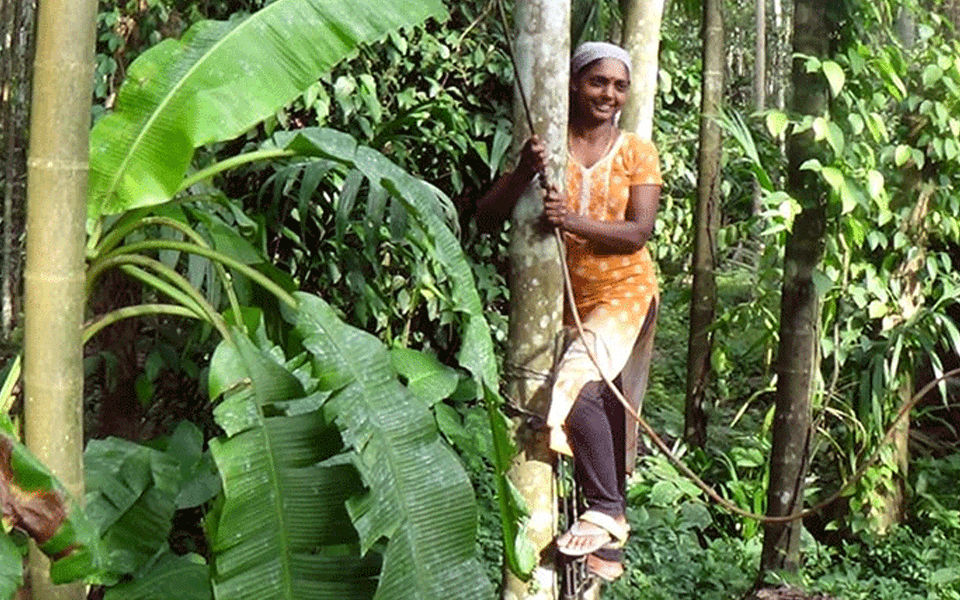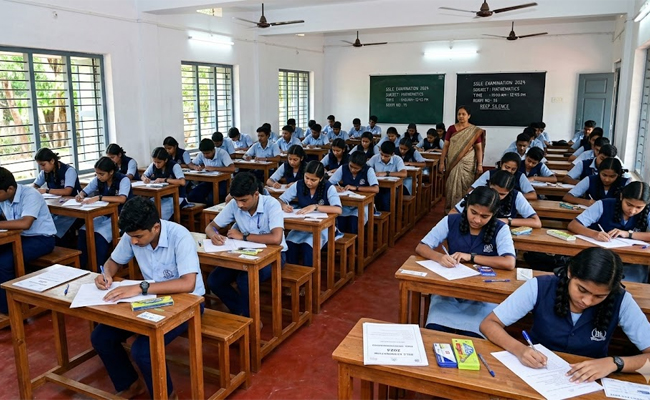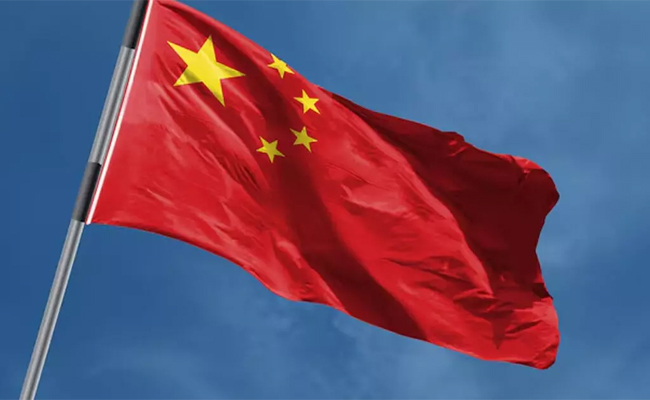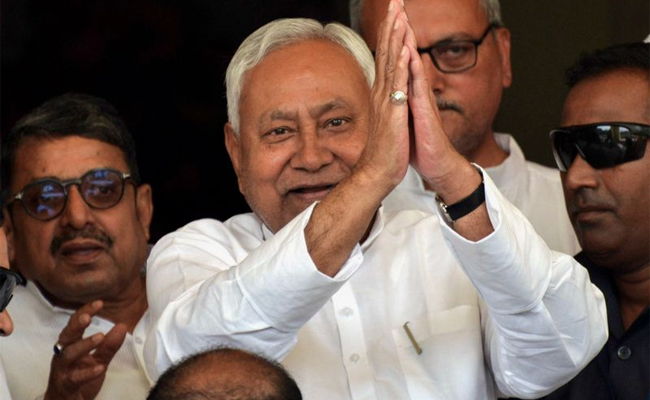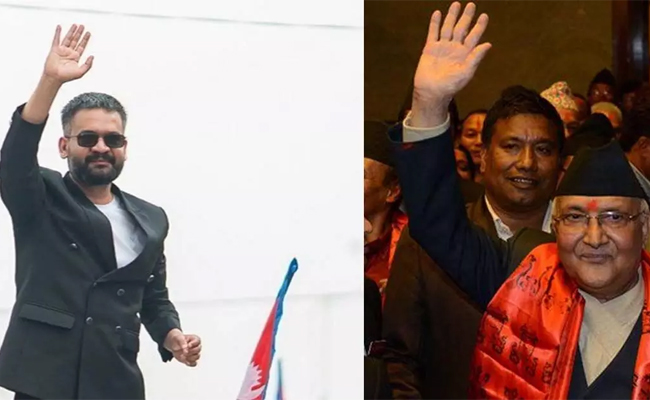In every step of their life, women have been time and again proving themselves that they are equally confident and efficient at par with their male counterparts. Now, it is the time of spraying chemical to areca palms. A woman from Sullia has mastered the art of climbing areca palms and spraying pesticide to the trees.
There was a time when woman used to stay within the four walls of the house. But in modern era, the women have come out of all kinds of barriers and proved themselves as efficient as their male counterparts in most of the works. So far, climbing areca palms and spraying pesticide was limited to men as it was believed that only men could do that work. But now, that assumption is changed. Chandralekha of Adkar Konadka Padavu in Jalsoor village has mastered the art of climbing the areca tree.
After her husband Sundar Gowda’s death around 16 years ago, Chandralekha has been living with daughter Nishmitha at Konadka Padavu. Believing that no one could defeat her spirit, she joined for a job at KVG Medical College. Three years ago, her sister Ratnavati and brother-in-law Ananda Gowda at Aletti Nagapattana suffered a lot due to fungal disease to areca palms. As Ananda Gowda was aged, he could not climb areca trees and he hardly get labourers to spray the pesticide. Though he has purchased areca tree climbing machine, there was no one to do that work.
Observing all these, Chandralekha understood her efficiency and started climbing the areca trees and spraying pesticide with the help of machine. Since three years, leaving aside her shyness and embarrassment, she has been climbing the areca trees and spraying the pesticide. She would spray the pesticide for 600 areca palms within two days. Her sister, brother-in-law, and their children Naveen and Thriveni help her in spraying the pesticide. Not only at her sister’s plantation, she goes to other areca plantations to spray the pesticide. Besides her job at Medical College, she does peeling of areca and other works. Her daughter Nishmitha is studying her PUC in Mangaluru.
“Areca nuts were falling from the trees due to fungal disease as the pesticide was not sprayed. I was disappointed to see that. For the last three years, I have been spraying the pesticide to areca trees. I found protecting the areca crop was important than shyness, embarrassment and fear. Now, everyone appreciates my work. I have the satisfaction of doing a special work”, said Chandralekha.
Her brother-in-law Anand Gowda said that “It is very difficult to get people to spray pesticide. Knowing this difficulty, I have purchased the areca tree climbing machine. But we were unable to spray the pesticide using that machine. Chandralekha has done that work. When she came forward to climb the trees and spray the pesticide, we all supported her”, he added.


Let the Truth be known. If you read VB and like VB, please be a VB Supporter and Help us deliver the Truth to one and all.
Thiruvananthapuram (PTI): The SSLC (Class X) examination commenced in schools across Kerala on Thursday.
Kerala General Education Minister V Sivankutty wished students appearing for the SSLC examinations success and urged them to approach the tests with confidence.
Apart from the SSLC examination, the Plus One examination also commenced on Thursday, while the Plus Two examination will begin on Friday.
As many as 4,17,497 students are appearing for the SSLC examination, which is being held at 3,047 centres.
ALSO READ: Nitish likely to file nominations for Rajya Sabha polls
A total of 633 students have registered for the SSLC examination from the Lakshadweep region.
Similarly, 633 students have registered for the SSLC examination in the Gulf region, where the examination has been postponed due to the ongoing conflict in West Asia.
The examination will conclude on March 30.
According to the Education Department, valuation camps for the exam papers will be held from April 7 to April 28, and the results are expected to be declared in May.
Sivankutty, in a Facebook post, said examinations should not be viewed with anxiety but as an opportunity to express the knowledge students have acquired.
Noting that students are appearing for the exams after completing their studies with revised textbooks based on the New Curriculum Framework 2023, introduced after a gap of 11 years, the minister said the new evaluation system aims to assess 21st-century skills such as critical thinking, analytical ability and creativity.
He also assured students that there are no changes in the examination structure this year and cautioned them against attempts by some people to deliberately spread fear in connection with the exams, urging them to reject such messages with discretion.
He reminded students that the Class 10 examination is only a qualifying test for higher studies and that the government has ensured Plus One seats for all students in Kerala.
The minister further urged students to prioritise their physical and mental health during the exam period by maintaining proper sleep and food habits.
“This is not the last examination in life. A world of opportunities lies ahead of you. Enter the examination hall with a calm mind,” he said, wishing all students success.
As many as 4,11,025 students have registered for the Higher Secondary (Plus One) examination and 4,52,437 students for the Higher Secondary (Plus Two) examination, which will conclude on March 28.

